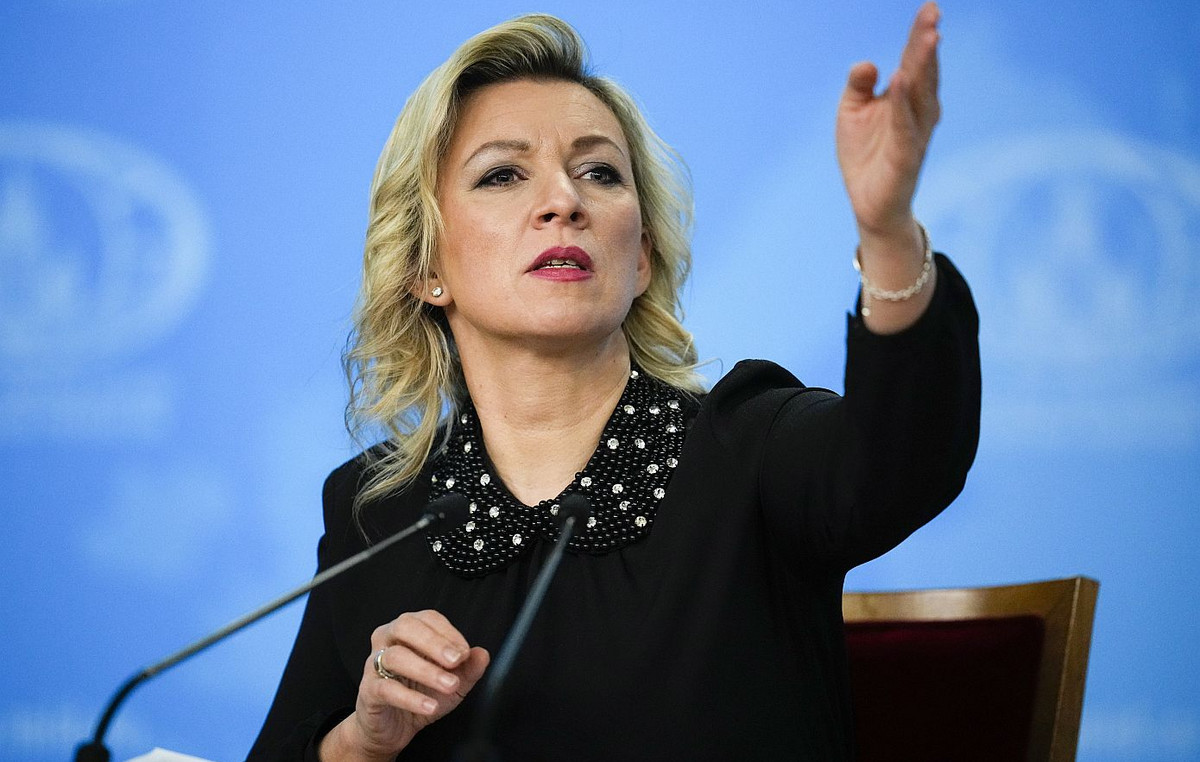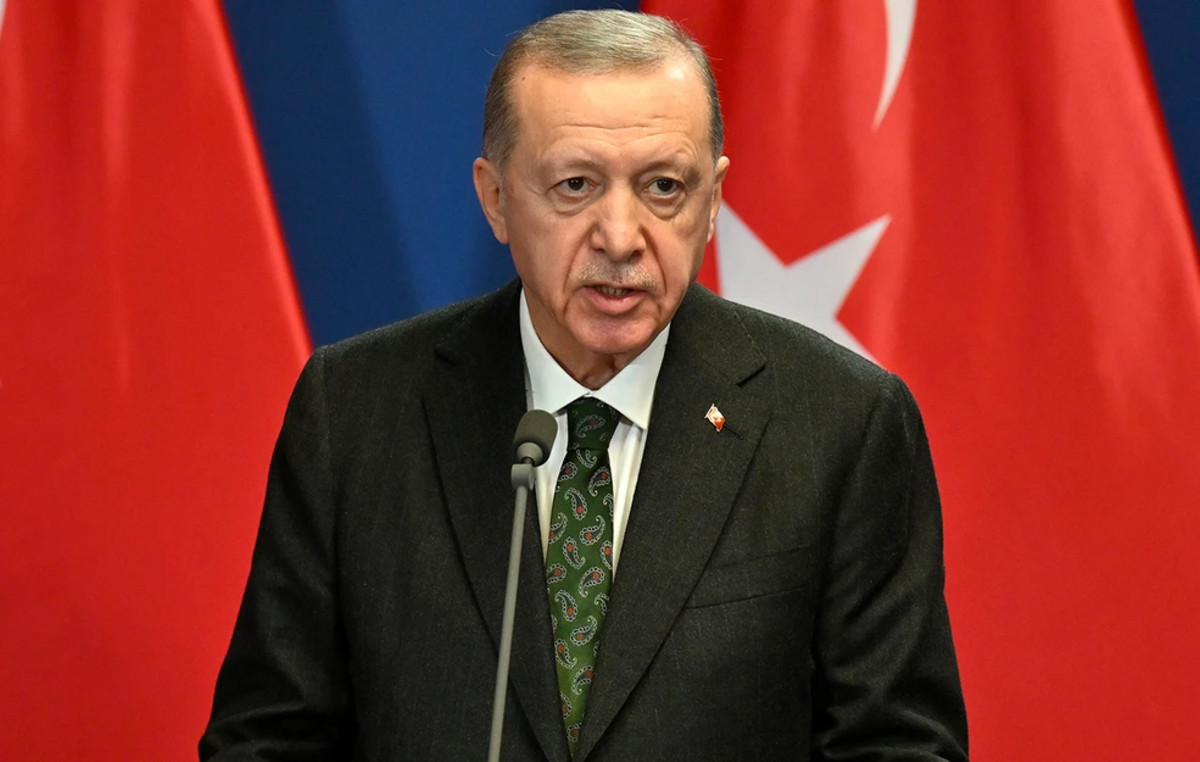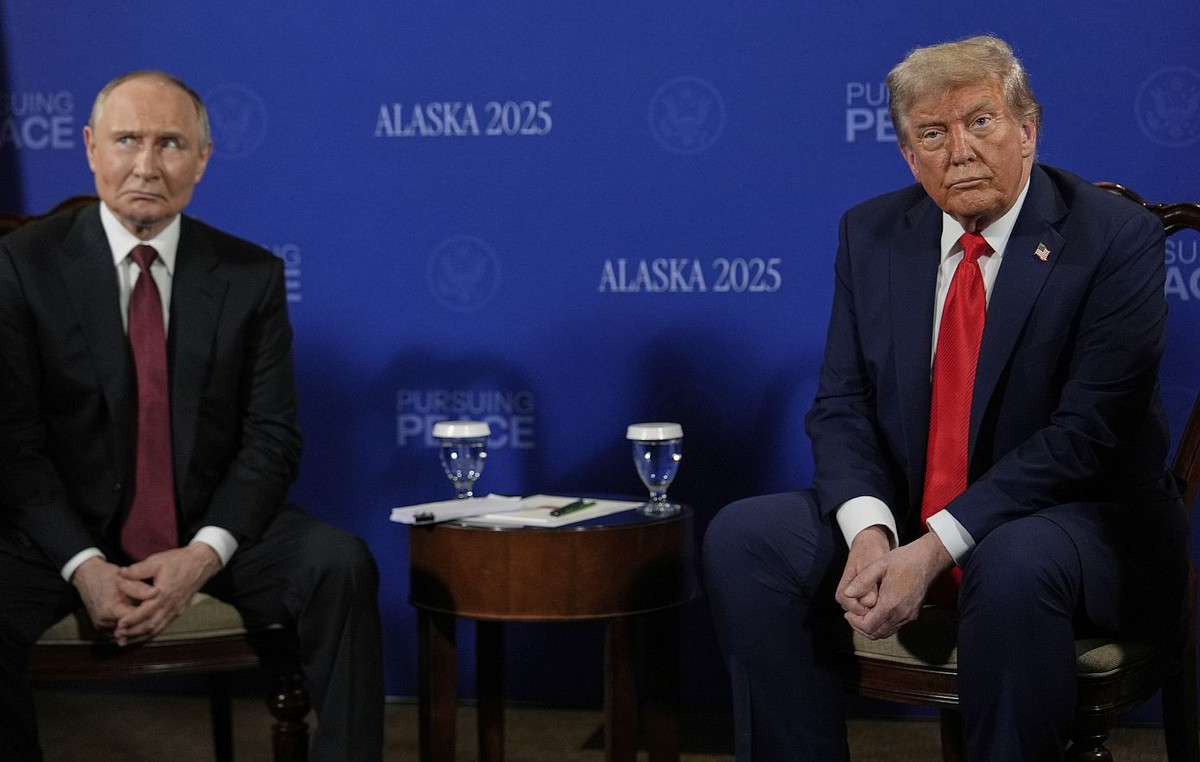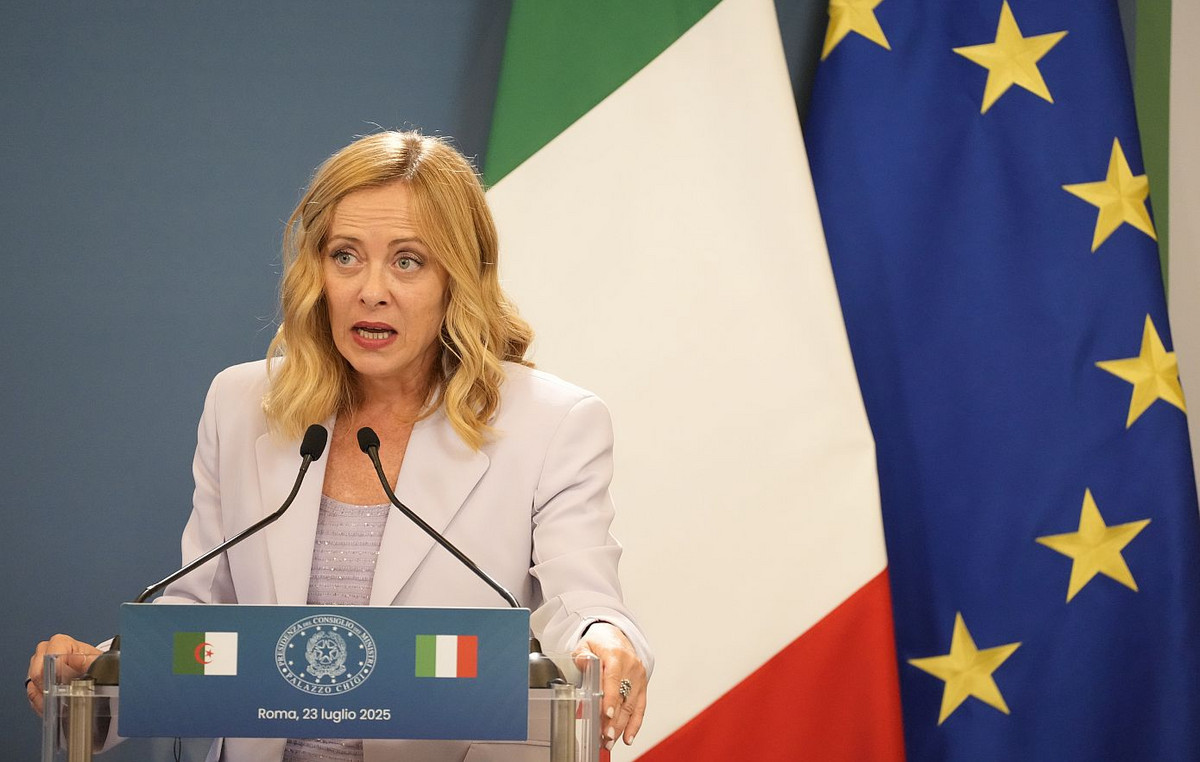The US has information that Syrian President Bashar al-Assad has agreed to supply the Lebanese radical group Hezbollah with a Russian-made missile defense system, according to sources.
The Russian mercenary group Wagner, which operates in Syria, was tasked with delivering the SA-22 surface-to-air missile system. It is unclear whether it has been delivered yet or how close it is to delivery.
The system was originally provided by Russia for use by the Syrian government, the sources said.
One of the sources said the US has been monitoring the recent movement of the system, also known as Pantsir. The other source said the US assessment was based partly on information obtained from discussions between Assad, the Wagner group and Hezbollah over the delivery of the system.
The Wall Street Journal previously reported that the Wagner group may supply the system to Hezbollah. Assad’s role has not previously been reported.
Wagner and Hezbollah mercenaries have operated in Syria for years, where they have worked alongside the Russian and Syrian Armed Forces to bolster the Assad regime against the Syrian opposition.
Hezbollah has begun withdrawing its fighters in recent years, but the group is also supported by Iran, which is a close ally of Assad.
A third source familiar with Western intelligence said there was evidence of growing collaboration between Hezbollah and the Wagner group in Syria.
The possibility that Hezbollah could soon have a new air defense system comes amid concerns that the militants are considering opening a new front in Israel’s war against Hamas on Israel’s northern border with Lebanon.
The US has repeatedly warned Hezbollah and other Iranian-backed groups to stay out of the conflict and has stationed aircraft carriers and troops in the region to try to deter potential escalation.
Israel has also previously targeted these missile systems inside Syria, as part of broader Israeli attacks on Iranian military installations in the country.
It is unclear how much influence Russia had in the decision to provide the system to Hezbollah. Since the death of Wagner group leader Yevgeny Prigozhin in August, the Kremlin has made some attempts to absorb mercenaries and the organization’s assets.
But by the end of September, the US had not seen a decisive shift in terms of the Kremlin taking full control of the fighters, the report previously reported. CNN .
Russia, however, hosted Hamas leaders in Moscow earlier this month, sparking outrage from the Israeli government.
The US intelligence community believes – for now – that Iran and its proxies are calibrating their response to Israel’s military intervention in Gaza to avoid a direct conflict with Israel or the US, while also imposing costs on their adversaries. , informed the CNN on Thursday (2).
However, Iran does not maintain perfect control over its umbrella of proxy groups, officials say, particularly Hezbollah.
The radical Lebanese group is an ally of Hamas, which attacked Israel on October 7, and has long been against Israel.
U.S. officials are deeply concerned that the group’s internal politics could cause Hezbollah to escalate tensions.
Hezbollah leader Hassan Nasrallah is due to give a speech this Friday (3), in which intelligence authorities will be watching closely for signs about the group’s intentions.
See also – Hezbollah could overwhelm the Iron Dome in the coming days, says professor
Source: CNN Brasil
Bruce Belcher is a seasoned author with over 5 years of experience in world news. He writes for online news websites and provides in-depth analysis on the world stock market. Bruce is known for his insightful perspectives and commitment to keeping the public informed.







